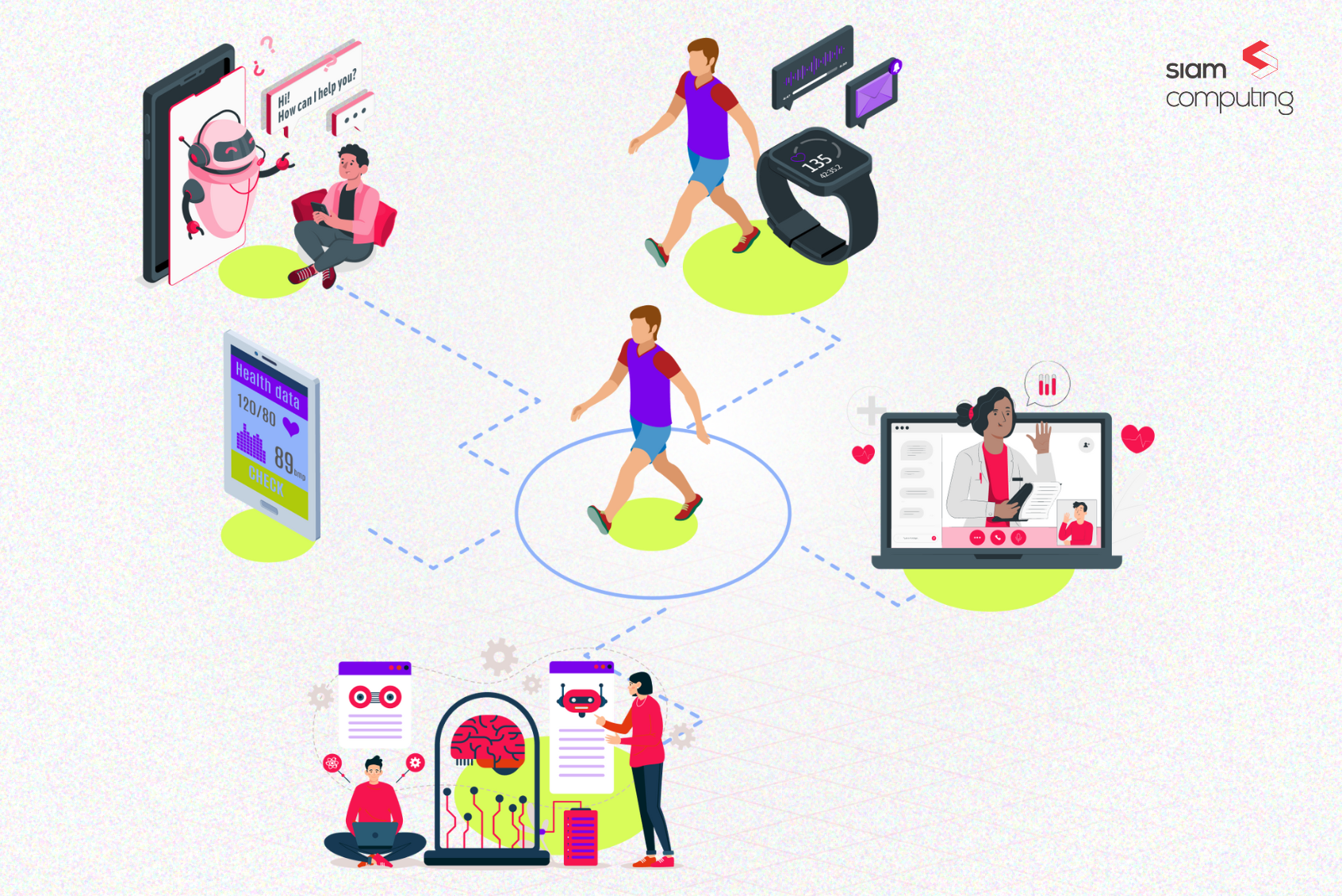Amongst the various revolutions witnessed so far, the smartphone revolution has pushed the boundaries of digitalism even more. The need for developing a mobile app has risen to a greater extent of late. With this situation stated, the scope of an app development company has boosted. In order to build a successful mobile app, a lot of parameters need to be taken into consideration and those parameters determine the time taken to build an app. Let’s dive into this article to understand how an app development company estimates the time taken to build an app.

Picture Credits: Unsplash
Kinds of Mobile Apps
There are many kinds of mobile apps available in the market today. From gaming apps to messaging, e-commerce, banking, etc. Though there are many kinds of mobile apps, they can be broadly classified into two main categories now:
- Analogous (Similar-to) Apps
- Customized Apps
1.1. Analogous (Similar-to) Apps
When a client requires an app to be built based on the idea/model of an already existing app, then it falls under the analogous (similar-to) app. The time taken to build such apps is relatively lesser compared to the time taken to build customized apps.
1.2. Customized Apps
When a client requires an app with new features, options, and functions that are not available in the market already, then it falls under a customized app category. The time taken to build this kind of app is relatively higher compared to the analogous (similar-to) apps.
The above-mentioned kinds of mobile app development processes take time to be built based on the features and functionalities involved in building mobile apps.

Picture Credits: Unsplash
Important stages involved in mobile app development and the approximate time is taken to execute them.
The mobile apps that we see on Google Play Store and Apple Play Store are the end product that has gone through many stages of mobile app development. Each and every stage consumes quality time to be executed and completed. Each app development company has their own process/protocols of developing a mobile app, but there are certain steps/stages that are universally the same. And depending on the time it takes to execute these steps, an app development company estimates the time taken to build an app. The important stages involved in mobile app development are:

2.1 Discovery Process
The important aspect of mobile app development that an app development company would focus on is the research.
Designing the strategy to build a mobile app is the next important step in the pre-development phase of mobile development. Visual perception of the mobile app design is worked out in this process. Wireframes are made and the design validation is done at this stage and it demands approximately a couple of week’s time.
Processes that are involved in the discovery process –
- User persona
- Value proposition canvas
- Wireframes
- User Stories
- Moodboard
- Mockups
Once the requirement from the client is noted, thorough market research is done first. After this, research on the technicalities of the mobile app to be developed will be carried out. Approximately 1-2 weeks will be dedicated to this process.

Picture Credits: Unsplash
2.2. Technology Architecture
<<please write about how the next step is to choose a technology stack, what backend, database to use. Creating an API document, etc.
3.4. Core Technical Development
The core technical development process is the heart of the mobile development process. The time taken depends on the time required to build the app from technical aspects and the following technicalities are worked out in this stage:
- Backend
- Frontend
- APIs
The time taken to build each component depends on the features and functionalities that are required to be incorporated into the app.

2.3. Testing
The testing of the mobile app is a very essential part of the mobile development process. Testing of mobile apps on different smartphones, operating systems such as androids and iOS are essential. Also, there are various other kinds of testing as well. Testing consumes a couple of weeks approximately.
2.4. Deployment
Deployment of the mobile app is the final step of the mobile app development process. This process approximately takes a week’s time or two.
2.5. Maintenance and Updates
The mobile app development process doesn’t completely end with the deployment process. Regular updates happen on the technical front and thereby mobile apps need to be in pace with the updates. So, maintenance and updates happen on a regular basis even after the whole mobile app development process is over.
All the above approximate timelines are not the solid time frames taken to build a mobile app but a rough estimate. Depending on the features and functionalities that need to be incorporated, the time is taken to build a mobile app that varies.
Case Study on the time taken to develop Analogous (Similar-to) Apps
A small case study was conducted in which the time is taken to build Analogous (Similar-to) Apps
were studied. The following apps were taken for reference:
- Amazon
- Uber
The above tabular column gives an approximate time scale of developing a mobile app that falls under the Analogous (Similar-to) Apps.
Finally…
The time taken to build a mobile app depends on various technical and non-technical parameters as discussed above. Both the best-case scenario and the worst-case scenario (if there happens to arise any issues) are taken to account while estimating the total time required to build an app. To get a free consultation in regard to the customized mobile app development process, strategy, timeline, and budget contact us today!








